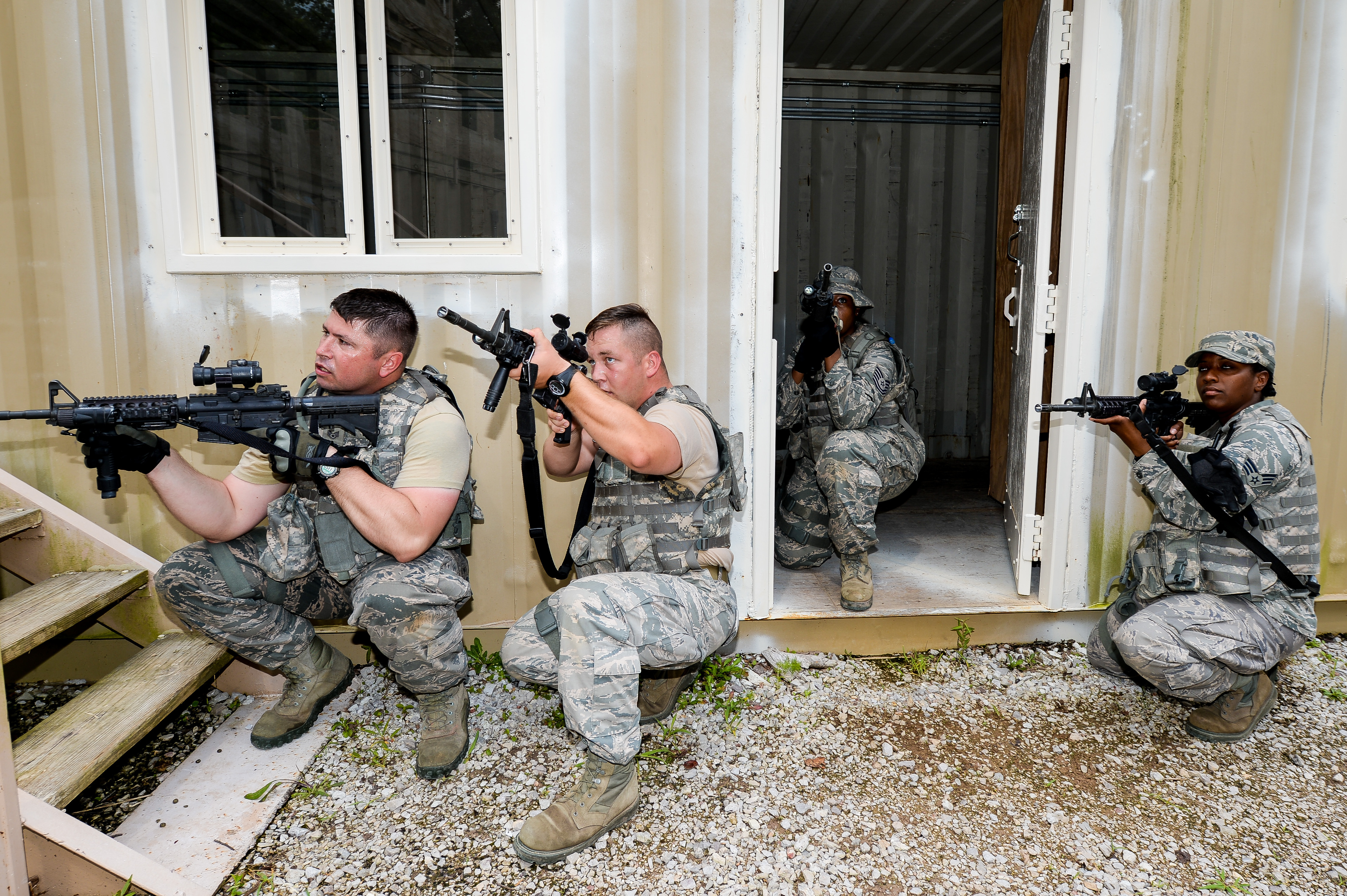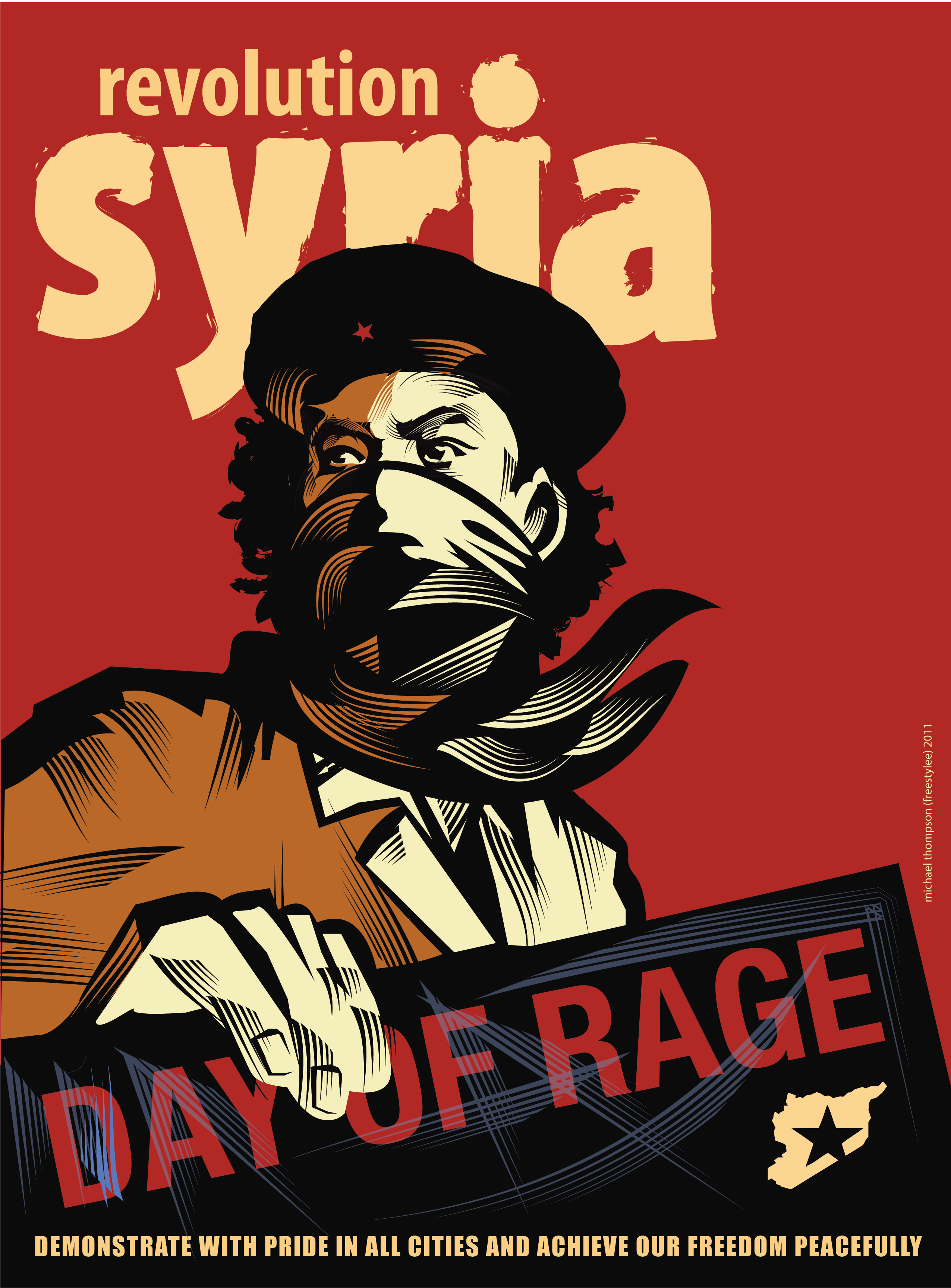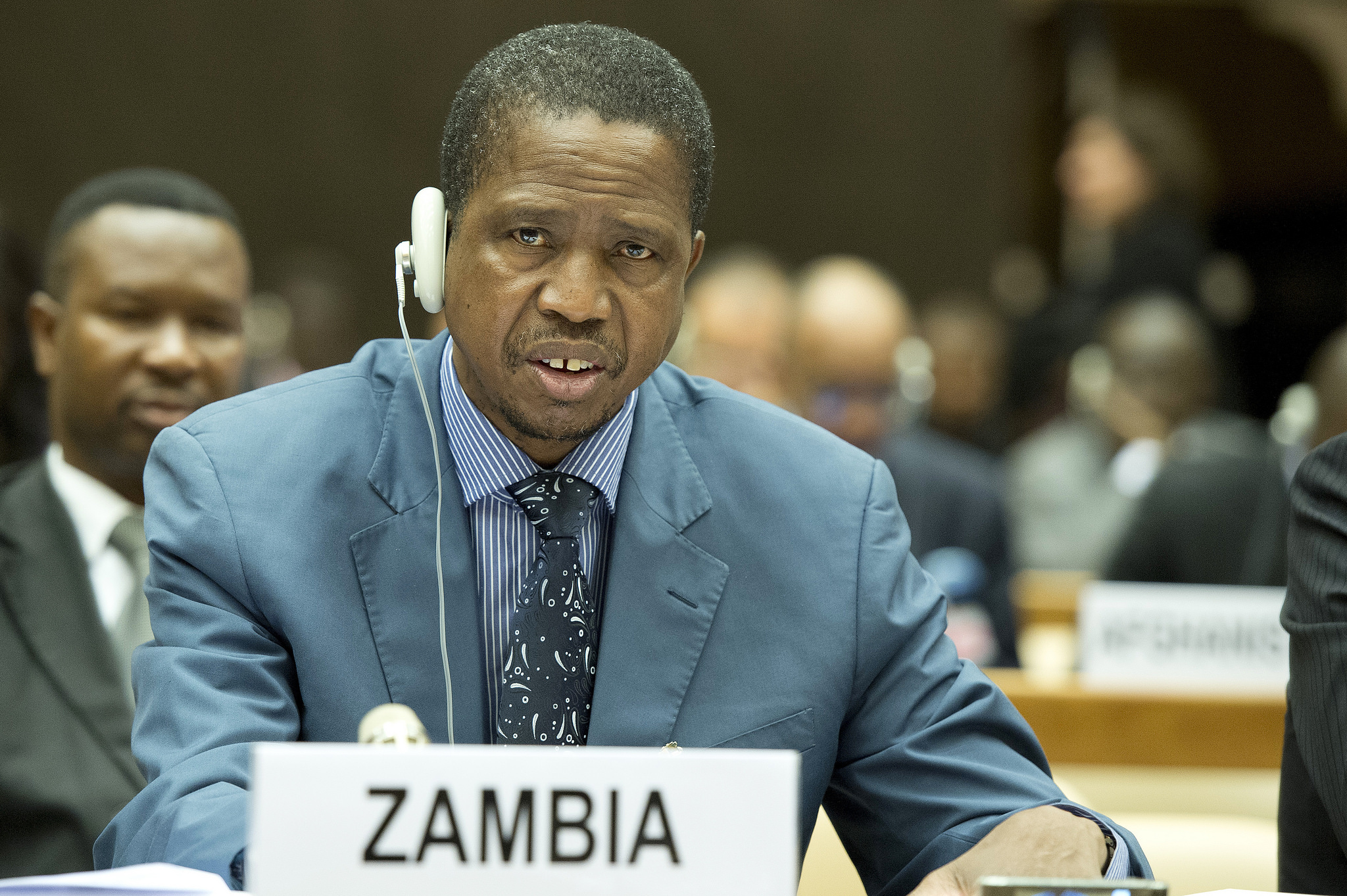
By Joe Young
The recent attack by al-Shabab on an up-scale shopping mall in Nairobi, which has claimed the lives of dozens of Kenyans, has reignited a discussion among counterterrorism experts/advisors over what the attacks reveal about the strength of the organization.
The attacks, based on what we know and what al-Shabab tweeted, were retribution for Kenya sending troops into Somalia.
David Kilcullen, the counterinsurgency strategist and former advisor to David Petraus, suggests that this is the first of many attacks against East African countries that sent troops to battle al-Shabab. Killcullen argues that the group could emerge stronger, especially if they provoke Kenya into a harsh response.[1]
Ken Menkhaus, a professor at Davidson College and an expert on Somalia, claims that al-Shabab is significantly weakened. This attack is a sign that they are potentially out of options and that this is a desperate gamble.
My colleague, Boaz Atzili, and I had a brief exchange on the issue yesterday. His points are persuasive. A strong Shabab would act like a state. It would control large pieces of territory and major cities, discipline its population, and provide services, some of the actions the group was able to do in 2010 and 2011. A weak Shabab would seek soft targets, such as this mall attack, in an attempt to remain politically relevant. This, however, is unlikely to be a winning strategy.[2]
Recent research by Page Fortna, a contributor to this blog, shows that rebel groups who employ terrorism in a civil conflict are more likely to lose than rebels that do not use this tactic. Max Abrahms has argued that terrorism is counterproductive as it often hardens the resolve of the target state, even when the demands of the group are somewhat moderate. Given the recent pronouncements by the Kenyan government, these attacks are likely to be unhelpful for al-Shabab and its cause.
1. See David Lake’s “Rational Extremism: Understanding Terrorism in the Twenty-first Century” for a primer on how terrorism is a provocation strategy or what he calls political jujitsu.
2. See some of Max Abrahm’s work on how terrorism is ineffective.







0 comments
My “take from the bleachers” is that this type of operation is more directed toward organization maintenance (recruitment and mobilization) than an effort to engage state actors.
Seems reasonable to me. Again, it suggests that this is not the act of a powerful opponent, but of one that needs to get it’s house in order.
Precisely (assuming my take is on target).
Indeed, Al-Shabab has been engaged in intra-factional power struggles over the past few years: http://www.isn.ethz.ch/Digital-Library/Articles/Detail/?id=153894
Terrorists may be uninterested in being effective in a state-like sense. A lot of them seem to be religious or political fanatics who do not think in the ‘realistic’, rational, limited-scope, short-term modes generally observed in governmental and corporate leaders. Some believe, for instance, that they are fighting God’s war on historical timescales. In the case of al-Shabab versus Kenya and others, it would be useful to have a broader view of the narrative. Why did the government of Kenya intervene in Somalia against al-Shabab? Did some outside parties put them up to it, or was it, as I’ve seen asserted recently, merely a desire to protect Kenyan commercial interests? Why wasn’t some other method of dealing with the problems employed? And so on.
A larger discussion of the context was beyond my short take here, but is interesting/necessary. Menkaus, a scholar I mentioned above and a fellow named Daveed Gartenstein-Ross write much more in depth of analysis of the case than what I offer here.
I’d say that we usually see little to suggest that terrorists are any more irrational than anyone else on Earth (see Sageman’s Understanding Terror Networks). They appear (as was mentioned in the article) to mistake terrorist actions for guerrilla actions and so not understand that their chances of success are low, but I don’t think that automatically makes them more fanatical than a peaceful political party or a guerrilla force.
And I’m not sure what you mean by why wasn’t some other method employed. Do you mean to deal with the hostage situation? The civil war in Somalia?
If terrorists were rational, then one would expect them to notice the discrepancy between their desires and the material outcomes of terrorist actions. Another aspect of rationality, actually worked out mathematically but available as well to intuition, is to not bet your bottom dollar on a single throw of the dice. The principle of guerrilla warfare is ‘He who fights and runs away lives to fight another day,’ which is highly rational, whereas we do not observe this principle among, for example, suicide bombers or lone wolves who leave themselves no means of continuing their struggle. In saying that terrorists are not rational, I do not mean to deprecate their mental processes; I’m simpling noting that they don’t think the way typical state leaders and managers do, or at least say they do. They appear to have a different view of the world and different values.
With reference to ‘other methods’, I’m under the impression from things I’ve read recently that the Kenyan government attacked al-Shabab because piracy and other activities in Somalia were impinging on Kenyan commerce in such areas as tourism and shipping. Other methods of dealing with such a problem, off the top of my head, include bribery or other deal-making, subversion, hiring of Somalian or other mercenaries not connected with Kenya, or provoking more distant foreigners to do the job. However, the Kenyan government may have actually gone in for other reasons which are now being obscured.
I suspect that it’s that terrorists prepare themselves for a very long struggle similar to those their guerrilla idols endure as well as confirmation bias they experience because of the few, very well publicized accounts of terrorists who actually got (or at least claimed to get) what they were fighting for.
And while I’m not familiar with the psychology of suicide bombers, the “long wolf” type terrorist might have very little in common with the more organized groups.
For Kenya, Kenyan regional politics are in no way my specialty but I would say that there are probably many reasons why, most related to security and economics. The war in Somalia and piracy around the Horn of Africa has been undeniably bad for business. War and piracy generally are for nearly everyone involved. Then there’s the problem of the large number of Somali refugees in Kenya that the Kenyan government would obviously like to go home. Then there’s the question of long term Kenyan security if Al-Shabab were victorious. Even if the U.S. and Ethiopia weren’t so worried Kenya would probably be involved.
On alternative methods, bribery isn’t likely to do much. These aren’t unreliable warlords motivated by personal greed. This is a united political faction with a clear platform. They’ve used Somalis when possible, the problem is that the recognized Somali government isn’t that effective even with recent gains (most of which were made possible by Kenyan military intervention) and being involved by supporting substate groups against Al-Shabab has made Kenya a target anyway. Kenya’s gamble is that its actions will cause Al-Shabab’s destruction in a short amount of time, or at least weaken it so much that border regions of Somalia can be used as a buffer zone to keep them out of Kenya.
I’ll admit that is probably leaving a good deal out like ethnic ties between groups, recent experiences of Somali refugees, relations between Kenya and the Somali Transitional Federal Government and things I simply don’t know about, but if you want more I suggest you read Menkhaus and Thurston.
In discussing the rationality or irrationality of “terrorists,” we should keep in mind that the leaders, the strategists, rarely blow themselves up. They are in it for the long haul, and they can find others who are willing to die for the cause. The specific goals and motivations of the leaders and the individual suicide bombers may well differ, even if we tend to lump them together under the rubric “terrorists.”
There is additional empirical evidence that terrorism or at least civilian targeting benefits groups who employ it. Jacob Kathman and I find in a recent BJPS article that in African conflicts groups that target civilians more frequently are more likely to achieve a successful bargain with the government than groups that do not (at least up to a point). Jakana Thomas similarly finds that governments respond more positively in terms of concessions to groups that behave badly (e.g., use terrorism).
Thanks Reed. Congrats on the BJPS. I haven’t seen it, but I will take a look. This would be a fun larger debate/forum to undertake over the efficacy of indiscriminate targeting of civilians.
A good piece from the Economist pointing out that Kenyan president Kenyatta is benefiting from this by casting himself as a figure of unity and a sense of a Kenyan state under siege by generally despised terrorists makes it hard for cold Western states to criticize him on electoral violence a few years ago.
http://www.economist.com/news/middle-east-and-africa/21586851-national-politics-has-shifted-response-attack-somali-terrorists
Thanks Grant. This is interesting.